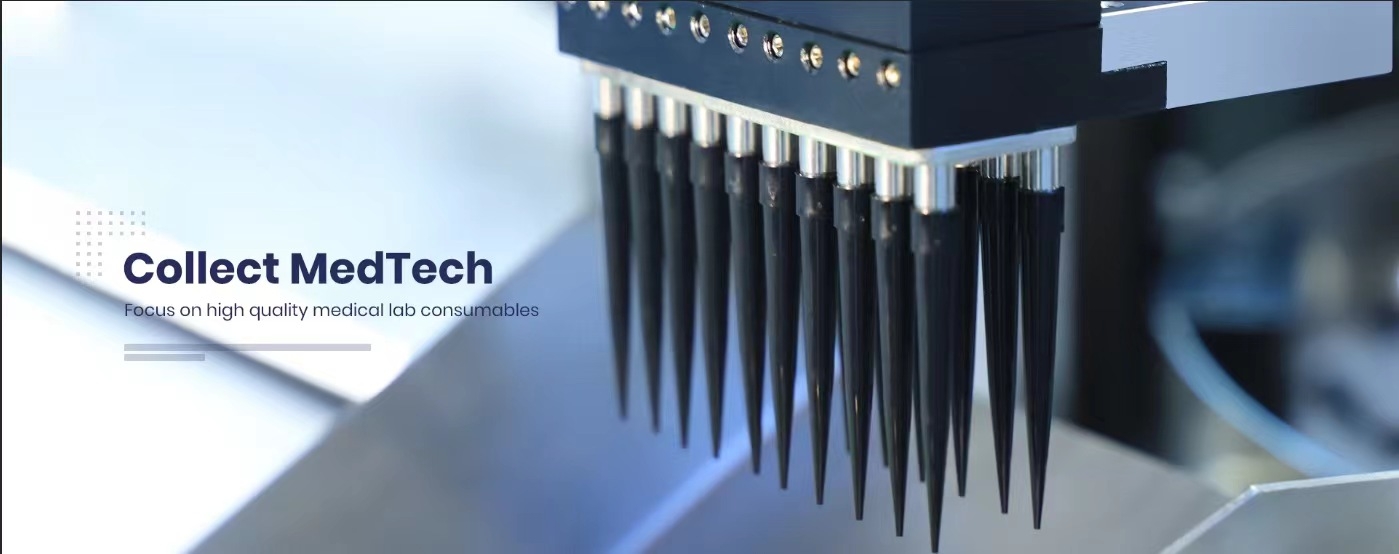Advanced technologies, such as AI-guided robotics and automation, offer a potential solution to the provider shortage by freeing healthcare professionals from repetitive and time-consuming tasks and allow clinicians to focus on tasks that require a specialized touch.
Years after the first cases of Covid-19 were reported in the U.S., the healthcare industry continues to feel the impact. Hospitals and health systems have been on the front lines of the pandemic since day one and still struggle with shortages of skilled clinicians, overworked staff and financial losses. A February 2022 report from the American College of Healthcare Executives found that labor shortages ranked first on the list of community hospital CEOs’ top concerns, and a 2022 report by patient safety organization ECRI ranked staff shortages first among the top risks to patient safety.
For hospitals and health system executives looking to recruit more clinical staff and retain current staff, they need to embrace and implement modernized technology designed to minimize workloads and allow medical professionals to focus on patient care.
Robotics and automation
With the erratic surges of Covid-19 variants, healthcare professionals are overworked, burned out, and leaving the profession in droves. According to a Medscape study, the physician burnout rate in 2020 was 42% and the World Health Organization estimates a projected shortage of 18 million health workers by 2030.
Advanced technologies, such as AI-guided robotics and automation, offer a potential solution to the provider shortage by freeing healthcare professionals from repetitive and time-consuming tasks and allow clinicians to focus on tasks that require a specialized touch. Robotics have been used in various facets of healthcare, ranging from execution of administrative tasks, to assisting with surgeries, to sanitizing hospital rooms. Additionally, a study found the use of robotic-assisted ultrasound systems allowed for isolation and distance between patients and sonographers during the pandemic, reducing the risk of transmission. Robots have been an established and integral part of the healthcare industry for many years and will continue to help enhance patient care long into the future.
Robotics, AI, and automation will continue to advance within healthcare over the next several years. Harnessing these technologies can help the industry improve patient care and increase operational efficiencies.

Post time: Sep-14-2022
